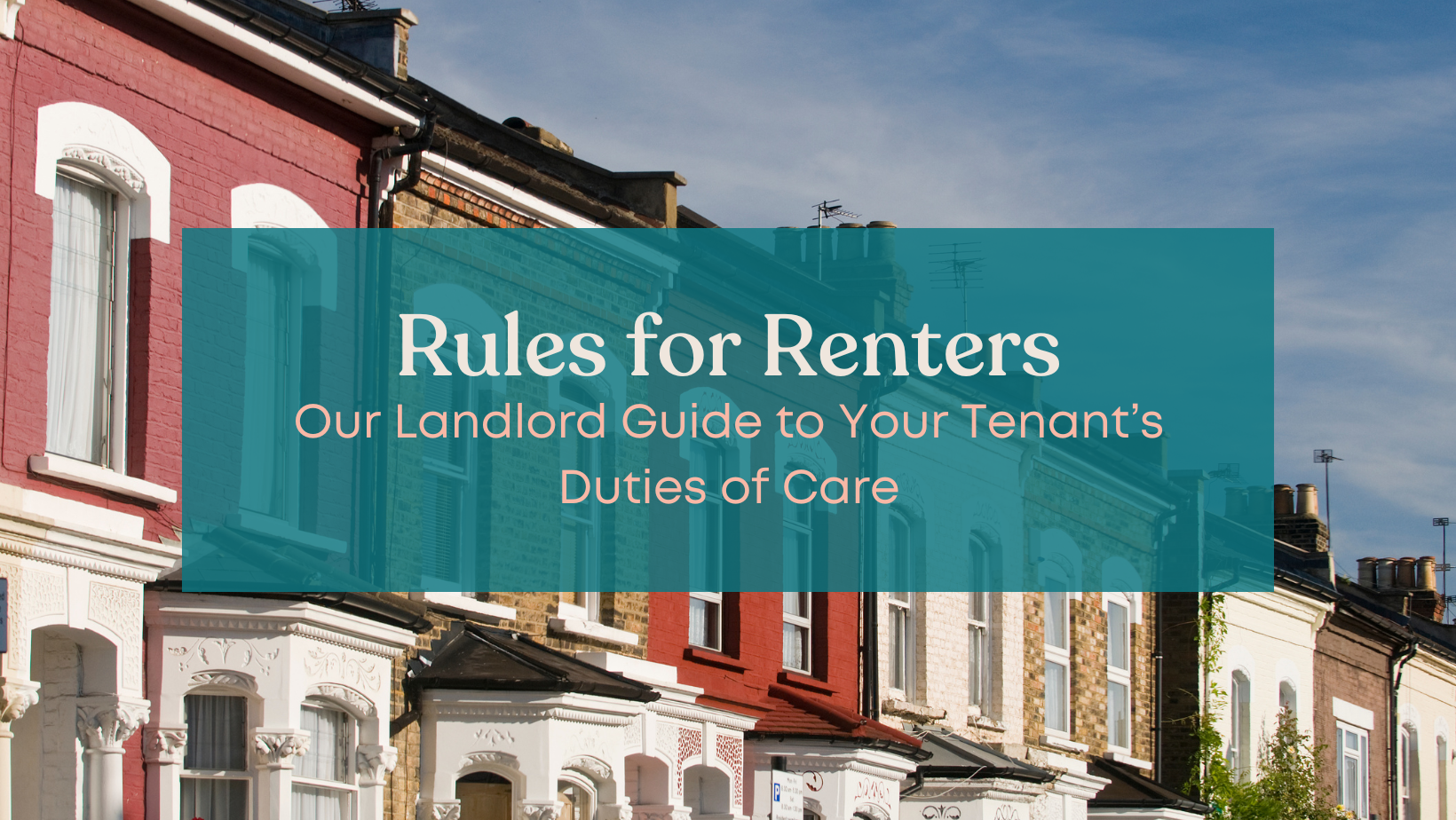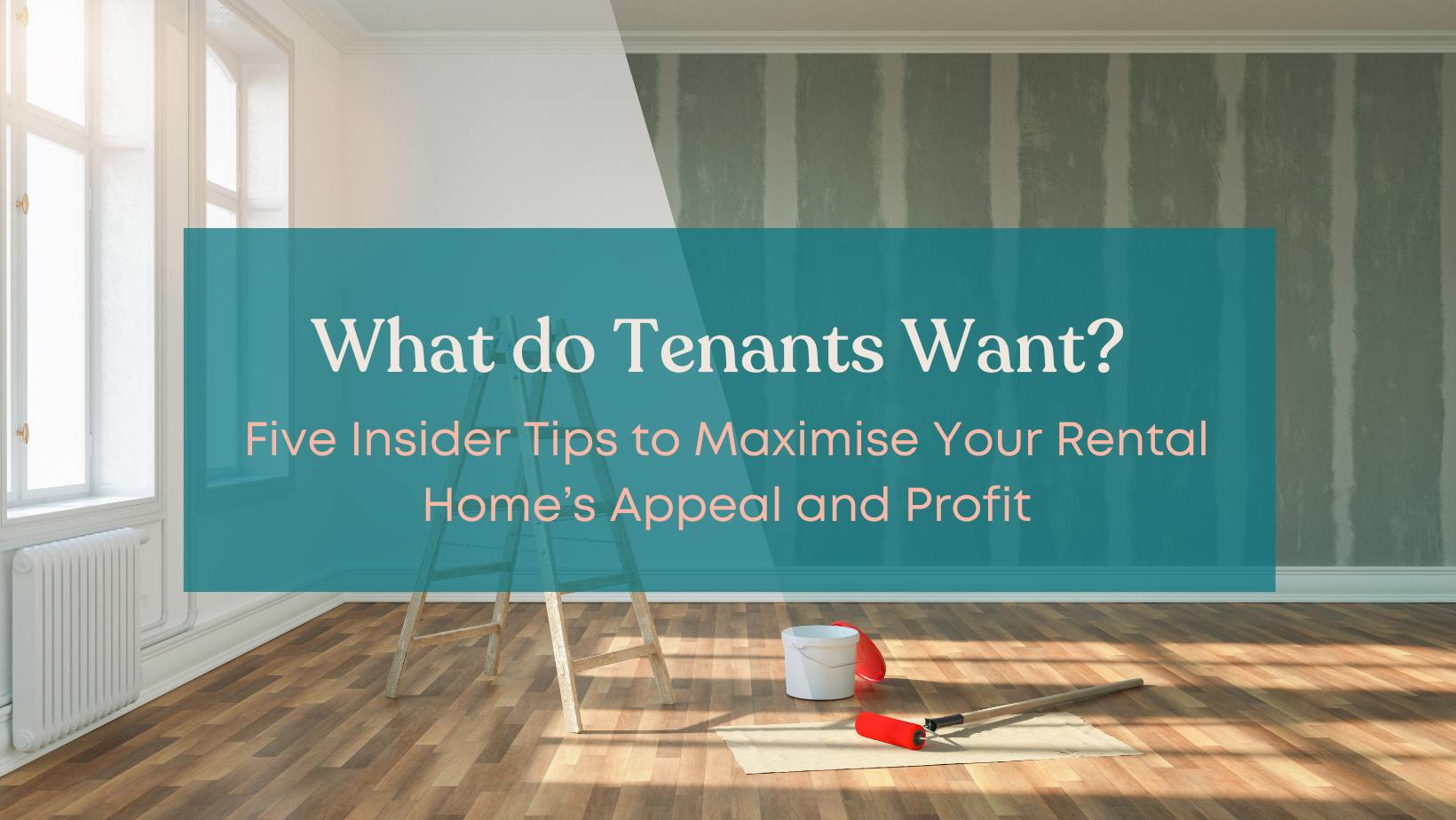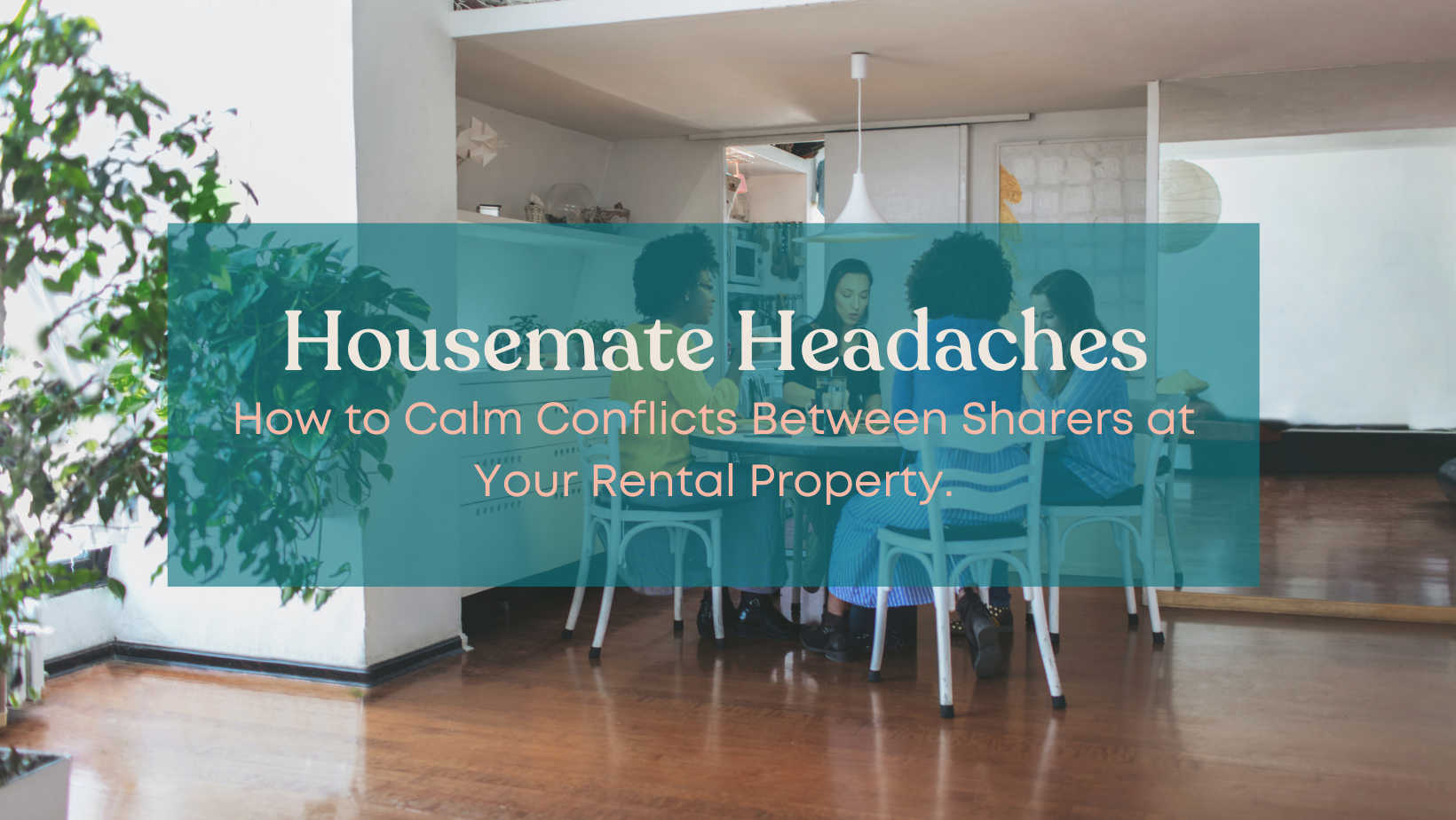In the UK, it's estimated that 12 million, or 44% of all UK households have pets, with around 51 million total pets owned. About one in five UK households – 4.5 million families – live in private rented accommodation, with a similar amount in social housing, according to the most recent figures.
Given these statistics, it is no surprise then that pet owners take on average 7 times as long to find a home to rent as non-pet-owners. It also means that in our lives as landlords, we're very likely to be asked to consider taking a pet either at the start of, or during a tenancy. Of course, allowing a good, long-term tenant to add a pet to their family is quite a different scenario to taking on a pet right from the outset, but of course we can never know when an otherwise truthful tenant might be tempted to sneak a pet in under the radar!
So why might you, as a landlord, consider a pet owning tenant? Let's look at some pros and cons:
Cons:
- Since the Tenant Fee Act 2019, you can no longer ask for additional deposit funds to cover any potential damages caused by the pet. You will need to consider the type of pet and the cost of any possible damage, and how this compares to the maximum 5 weeks deposit funds you can legally take.
- What will the neighbours say?! Neighbours can be vocal in their objections, especially if the pet becomes a nuisance, such as a dog left to bark in the garden.
Pros:
- Your tenant pool will be much larger, giving you a greater pick of the right 'match' for you and your property.
- Pet owners generally take much longer tenancies, not least because it can be so much harder to find pet-friendly accomodation.
- Many pet owning renters will be at pains to demonstrate that their furry friend is no trouble at all, meaning they very often make model tenants!
- You can charge a higher rent. Whilst there is no additional deposit cover for Fido's potential chewing problem, it's perfectly legal to charge a slightly elevated rent level, as long as this is made clear to prospective tenants on application. Usually around £30-50 pcm is sufficient to cover potential extra costs.
- A responsible pet owner is a responsible person. Having a pet is a big commitment, and someone who can commit to walking a dog even in the pouring rain is likely to be a reliable tenant.
- Happy tenants! Companion animals are proven to reduce stress levels, and it is no secret that the key to a successful rental, is a contented tenant!
And finally, should you decide not to rule out pets in your properties, some additional things to consider:
- Since the Tenant Fees Act 2019, it is illegal to take any additional 'pet deposit', but what you can do is add a clause to the tenancy agreement stating that the tenant must have the property professional cleaned at the end of the tenancy.
- Some accomodation is just not suitable for certain pets. A dog in a 3rd floor flat? Just not ideal, no matter how well behaved the dog.
- You can ask to meet the pet! You don't need to blanket rule pets in OR out; you can simply leave it as 'pets considered' and take each case on it's merits. I would strongly advise asking to meet, or at least see some pictures and videos of, the pet in question before any dotted lines are signed. After all, you vet your tenant, and the pet is part of the family. Meeting them and seeing what they mean to their owners might well put you completely at ease.
If you're still not sure, Baillie White Lettings & Management are proud members of Lets With Pets and are happy to guide you, whatever your decision. Give me a call on 01268 955001 and we can talk through the pros and cons.



 By
By 

 By
By 
Share this with
Email
Facebook
Messenger
Twitter
Pinterest
LinkedIn
Copy this link